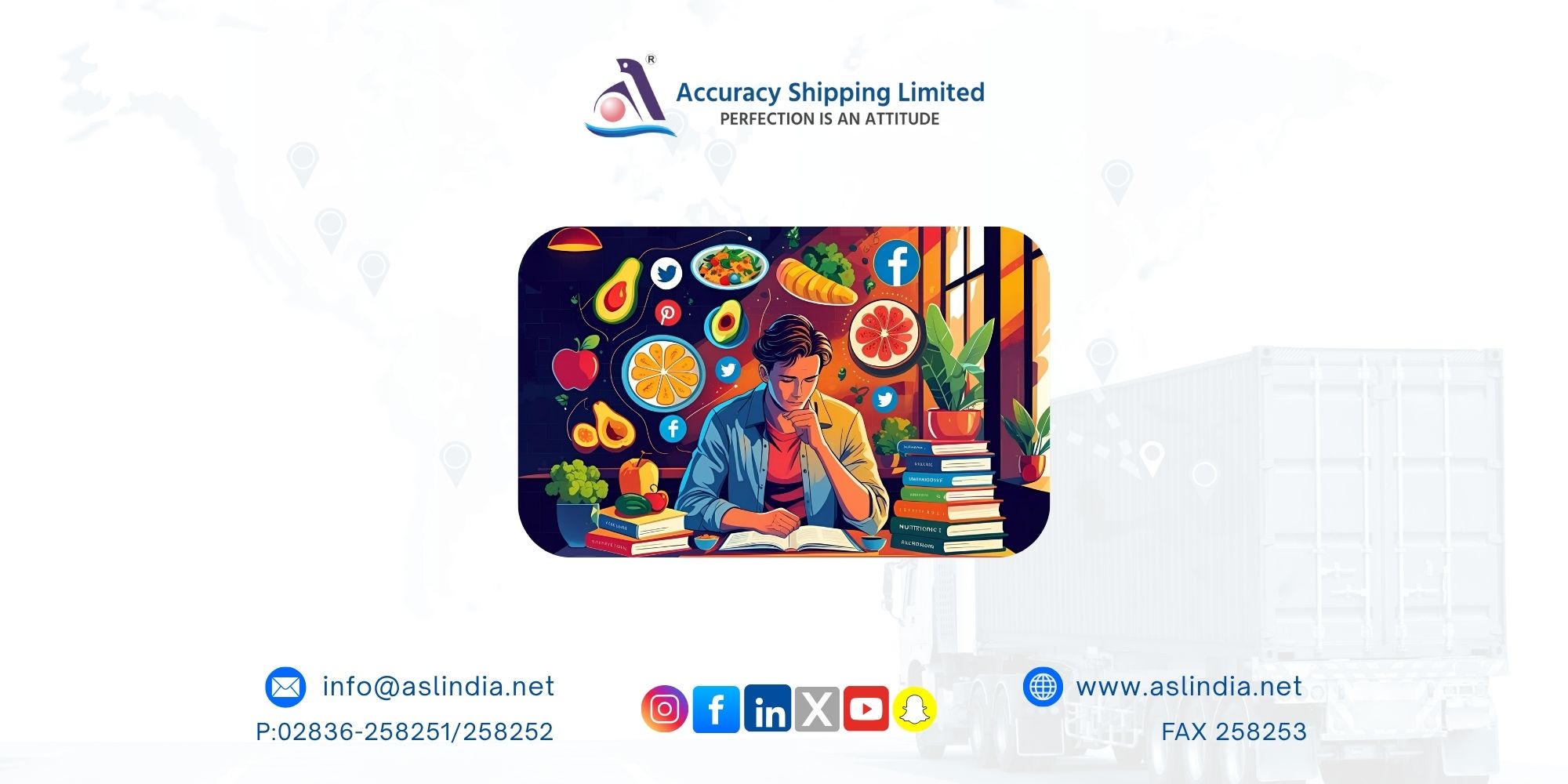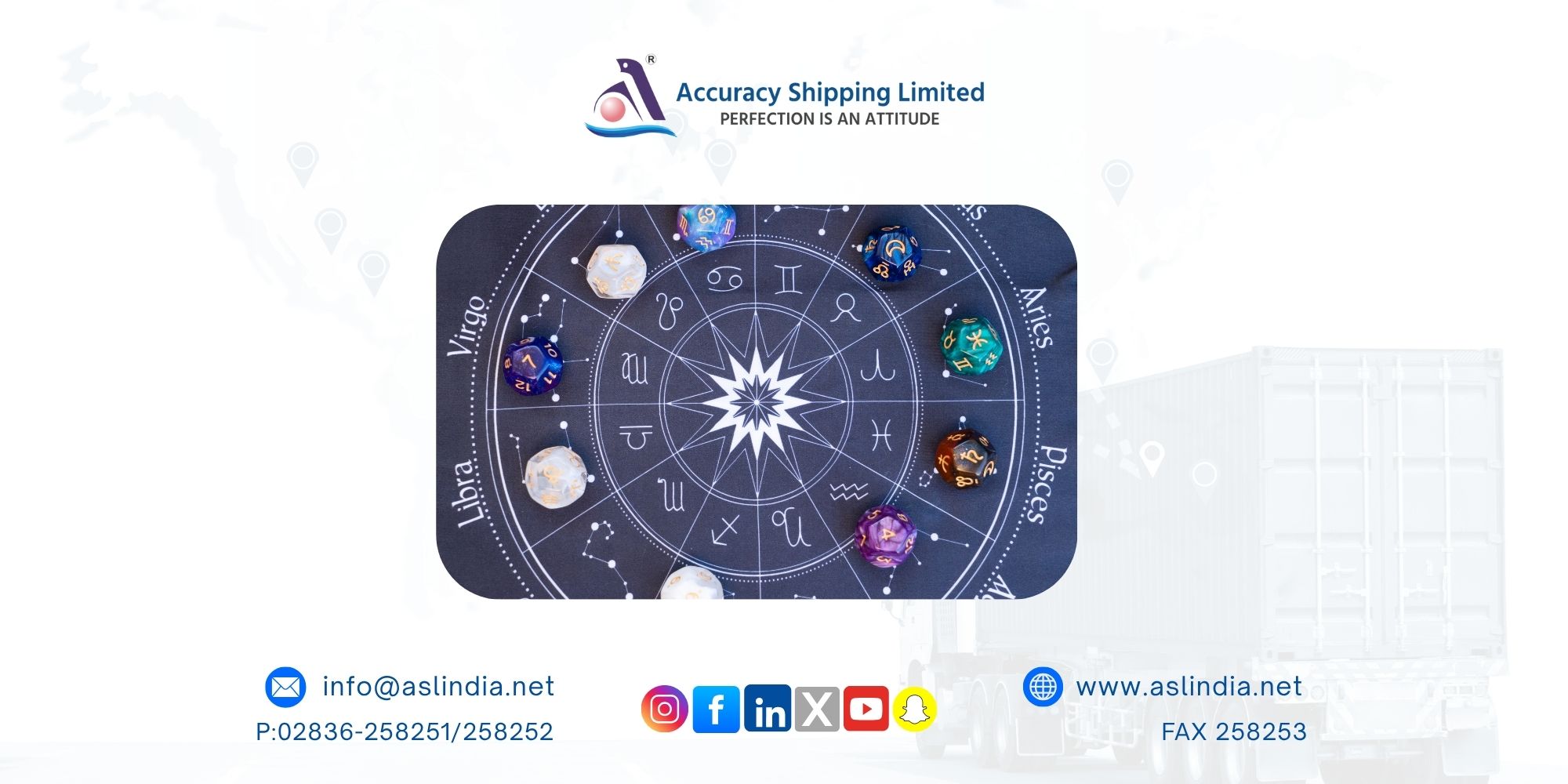Is social media telling you what to eat? Here’s how to access accurate nutritional information

In a world where Instagram stories and TikTok trends dictate lifestyle choices, it's no surprise that food and nutrition are also being shaped by the internet. From chia seeds to collagen powders, detox waters to magnesium supplements, wellness content floods our feeds daily. But is everything you see online actually good for you?
The Rise of Wellness as a Trend
The global health and wellness industry hit a staggering $1.4 trillion in 2024, according to a McKinsey report. People are increasingly prioritizing wellness and turning to science-backed products and regimens. Clinical nutritionist Amita Gadre explains, “Today, the ultimate status symbol is health and vitality. A glowing skin, a high-energy lifestyle, and a fit physique are the new aspirations. And social media is the perfect stage for this display.”
However, behind the filtered posts and #healthgoals lies a deeper issue: confusion and misinformation.
Why Social Media Is a Double-Edged Sword
Nutrition science is nuanced and deeply personal. What works for one person may not work for another. Genetics, gut microbiome, lifestyle, stress levels, and cultural background all influence nutritional needs. Yet, social media simplifies complex science into black-and-white rules often without context or accuracy.
Peer-reviewed studies from India and South Africa have shown how social media not only shapes eating habits but also promotes unverified and poorly understood health advice. People often lack the ability to differentiate between evidence-based content and trends created solely for engagement.
Food Is Not Medicine (But It Helps)
Social media is filled with DIY fixes drink this juice, eat that seed, take this supplement. But can food really cure disease?
Krish Ashok, author of Masala Lab, explains: “Good food provides ingredients for the body’s immune system to function at its best... But beyond that, food cannot act like medicine.”
Kitchen staples like ajwain, saunf, jeera, and cinnamon have genuine culinary and digestive value, but expecting them to reverse obesity or diabetes is misleading. “Superfoods don’t undo overeating or inactivity,” says Ms. Gadre. A healthy lifestyle requires balanced meals, exercise, stress and sleep management.
Detox Drinks, Collagen Powders & Nature’s Ozempic?
You've probably come across videos promoting vegetable juice blends as Nature’s Ozempic, a nod to a prescription drug for weight loss and diabetes. The problem? These videos present speculative concoctions as facts.
“Ozempic is a prescription GLP-1 drug and cannot be replaced by karela (bitter gourd) juice,” warns Ms. Gadre. Overuse of such “detox” drinks can lead to nutrient imbalances, bloating, kidney stones, or dangerous blood sugar dips.
Moreover, your body doesn't absorb extra vitamins like magic. As Vikrant Ghanekar from Homi Bhabha Centre explains, the body expels excess water-soluble vitamins (like B and C) through urine. So chugging more juice doesn’t mean more glow.
Carbs, Sugar, and Fear-Based Dieting
Social media is quick to demonize sugar and carbohydrates, pushing extreme elimination diets. However, both are essential in the right quantities.
The Mayo Clinic recommends at least 130 grams of carbohydrates daily for basic energy needs. Similarly, a Johns Hopkins blog reminds us that removing natural sugar sources (like fruits and dairy) is unhealthy.
Ms. Gadre puts it best: “A spoon of sugar in your chai is not the same as a litre of cola. Nutrition is not black and white. It's about context, dose, and your individual body.”
Understanding Nutrition Science: Why It’s So Hard
Nutrition is complicated for a reason. Randomized clinical trials are expensive and hard to conduct. Instead, many studies rely on observational data, which can’t always prove cause and effect.
This leads to contradictory advice, cherry-picked data, and generalized recommendations that may not apply to your personal health situation.
Tips to Navigate Nutritional Misinformation
In this sea of hashtags and half-truths, how can you find what’s truly right for you?
Follow credible, verified sources – nutritionists, dietitians, medical institutions.
Don’t take anything at face value – cross-check claims with reliable sources.
Beware of quick fixes and “miracle” diets – they rarely have scientific backing.
Consult a professional – always speak to a doctor or registered dietitian before changing your diet or starting supplements.
Listen to your body – not every trend will suit your health needs or lifestyle.
Final Thought
Social media has raised awareness about nutrition, but it has also turned into a chaotic marketplace of misinformation. Instead of chasing trends, aim for sustainable habits, whole foods, balanced meals, and qualified advice.
So yes, enjoy your oranges and chia seeds but don’t forget your dal, rice, ghee, sabzi, and nuts. Because true nourishment isn’t trendy. It’s timeless.







